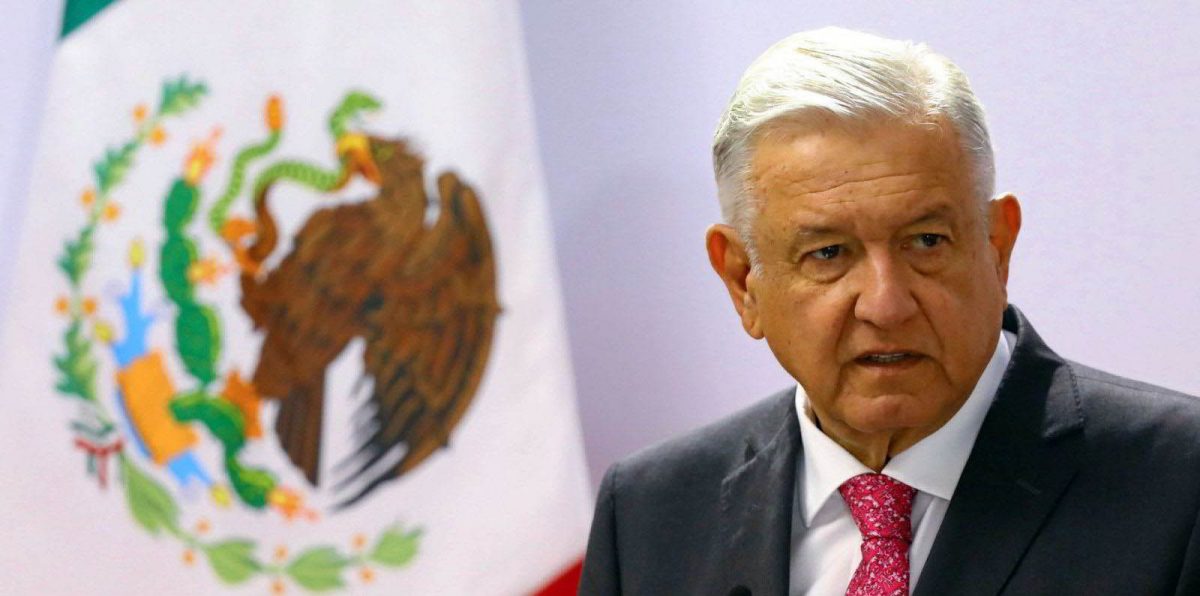MEXICO CITY, (Reuters) – Mexico’s president said yesterday the government should control about two-thirds of the national power market within 18 months, doubling down on his pledge to give primacy to the state in defiance of a simmering dispute with foreign investors.
Mexico unveiled on Tuesday a deal to buy $6 billion in assets from Spanish energy giant Iberdrola IBE.MC, casting it as a “new nationalization” that would raise state power utility Comision Federal de Electricidad’s (CFE) share of the market to 55.5%.
President Andres Manuel Lopez Obrador said that by the time his administration concludes on Sept. 30, 2024, CFE should have at least 65% of the electricity market, and as much as 70%, as new power stations came online.
“We’re going to continue fighting for Mexico,” he told a news conference.
A leftist resource nationalist, Lopez Obrador has spent years embroiled in disputes with investors over energy. Last year that boiled over into a formal trade complaint by the U.S.
The United States and Canada, which quickly joined the complaint, say Lopez Obrador’s energy policies have put their firms at a disadvantage. The president argues past Mexican governments rigged the energy market in favor of private interests at the public’s expense.
Mexico faces potentially costly sanctions if the U.S. and Canada decide to call – and win – a dispute resolution panel over his contentious energy measures.
That option has been open to both countries since October, and while Mexico says that discussions to resolve their concerns have made progress, frustration is building among U.S. firms.
Lopez Obrador says CFE must have at least 54% of the market.
But his latest moves suggest he wants to create as big a monopoly as possible and keep pressure on rivals until they sell up, said Jorge Castaneda, a former Mexican foreign minister.
“That’s the message he’s sending to the Americans and the Canadians,” he said, arguing that with the Iberdrola deal Lopez Obrador was challenging both countries to escalate the trade dispute, reasoning that they would not dare.
Given that months have passed without repercussions on the energy dispute, Castaneda said the Biden administration looked reluctant to risk upsetting Lopez Obrador on trade lest Mexico became uncooperative on containing illegal immigration.
Meanwhile, by acquiring Iberdrola’s assets, Lopez Obrador had strengthened CFE using hard cash, helping to offset the reverse he suffered in Congress last year when he failed to get the votes needed to change the law for that purpose, he added.
Iberdrola’s shares rose more than 2% on Wednesday morning, while Mexico’s peso was down %1, lagging regional peers.
Analysts said the peso losses reflected concerns about the outlook for the U.S. economy, although some wondered if the Iberdrola deal, which capped a tumultuous chapter in relations between Lopez Obrador and the firm, could also be weighing.
CI Banco analyst James Salazar said that was unlikely as Lopez Obrador’s positions were well known in the market.
“The president sold it as a nationalization,” he said. “But that’s a political statement: it wasn’t the case.”






